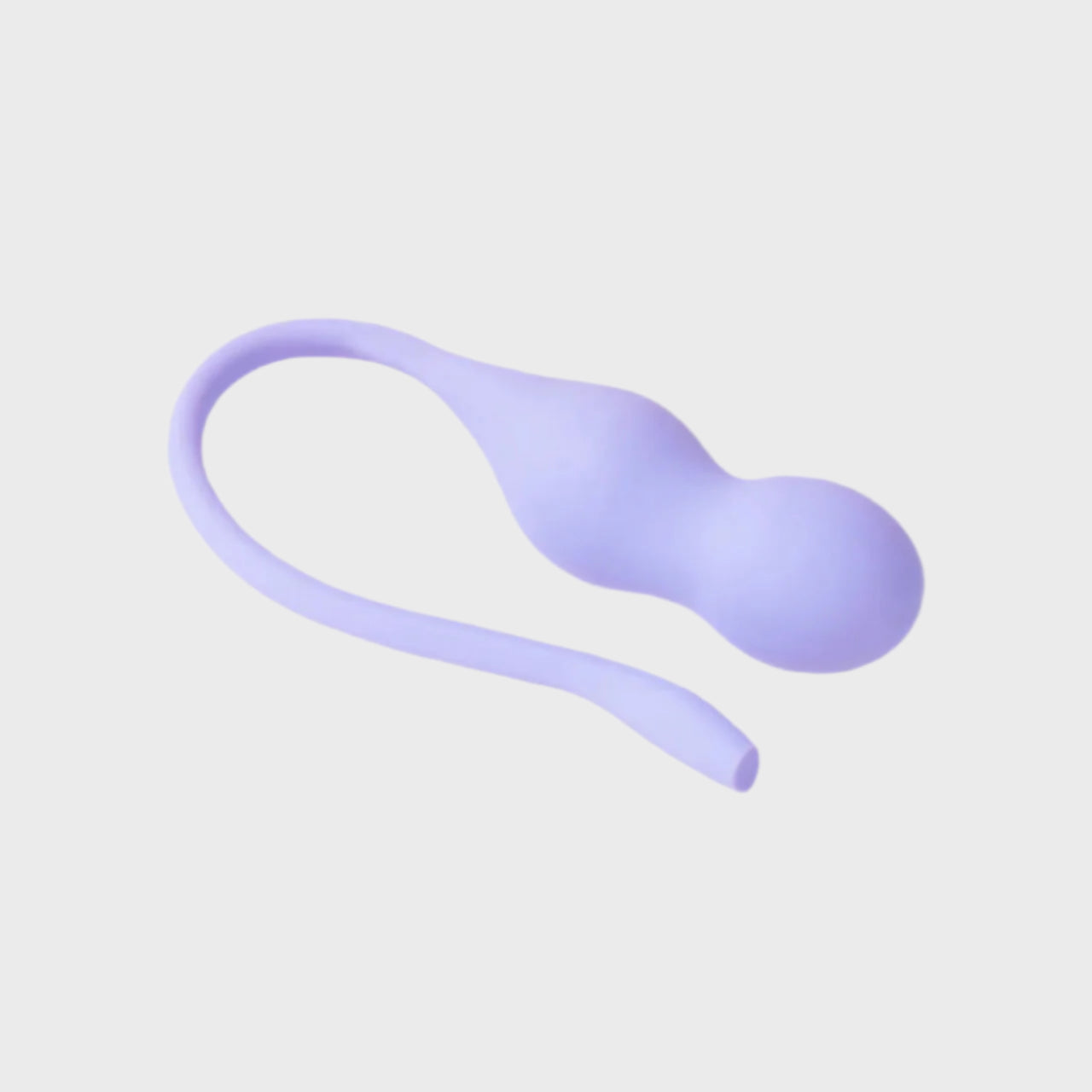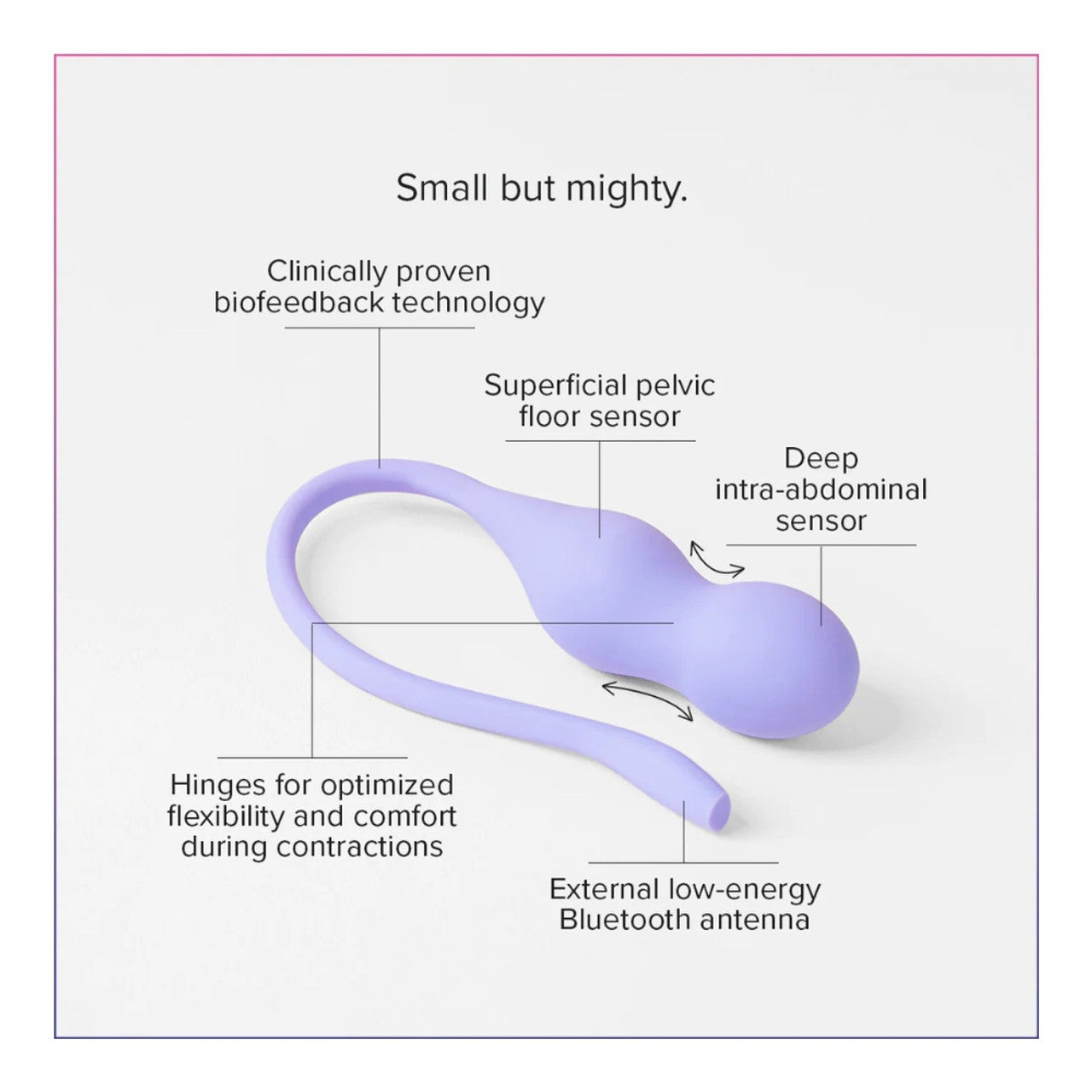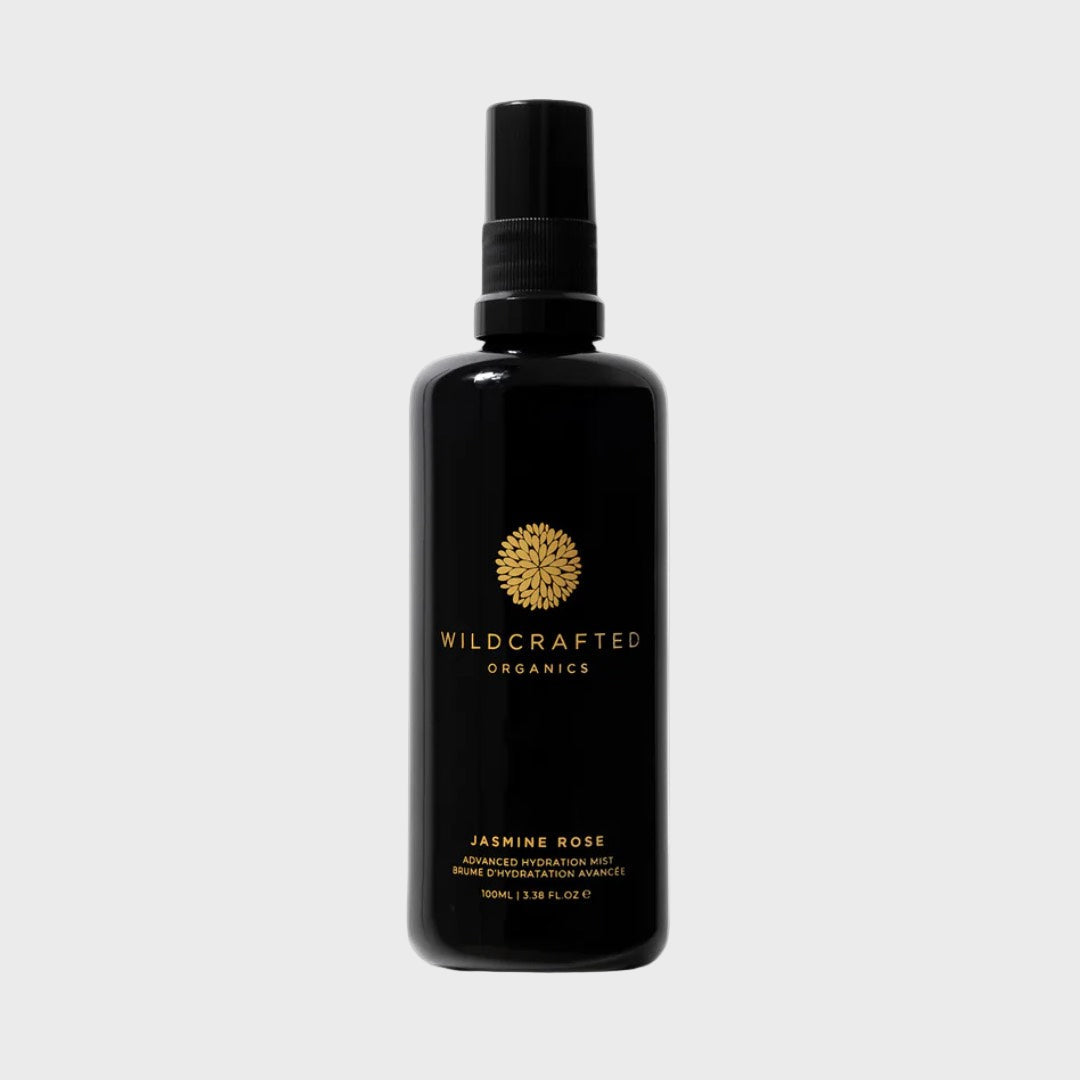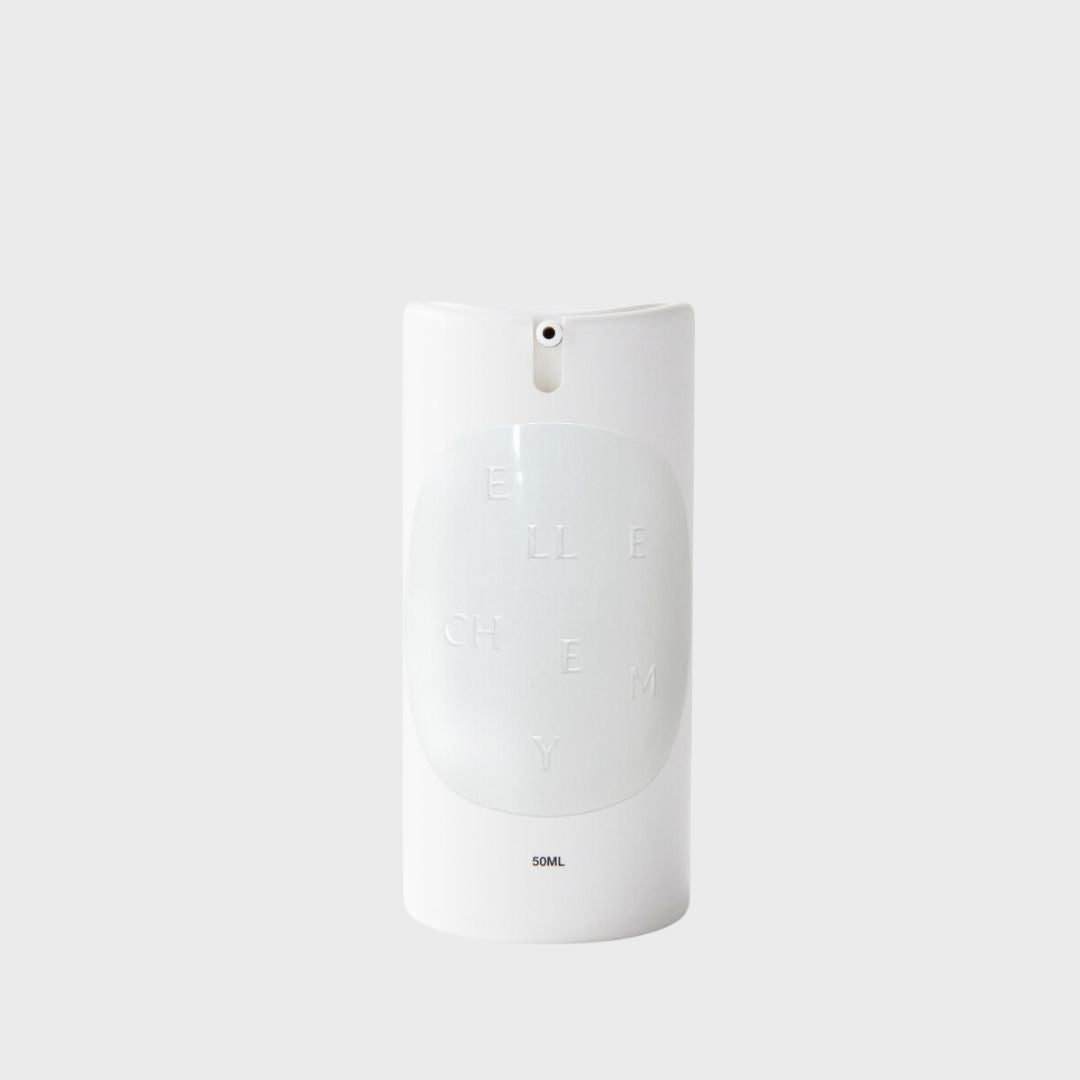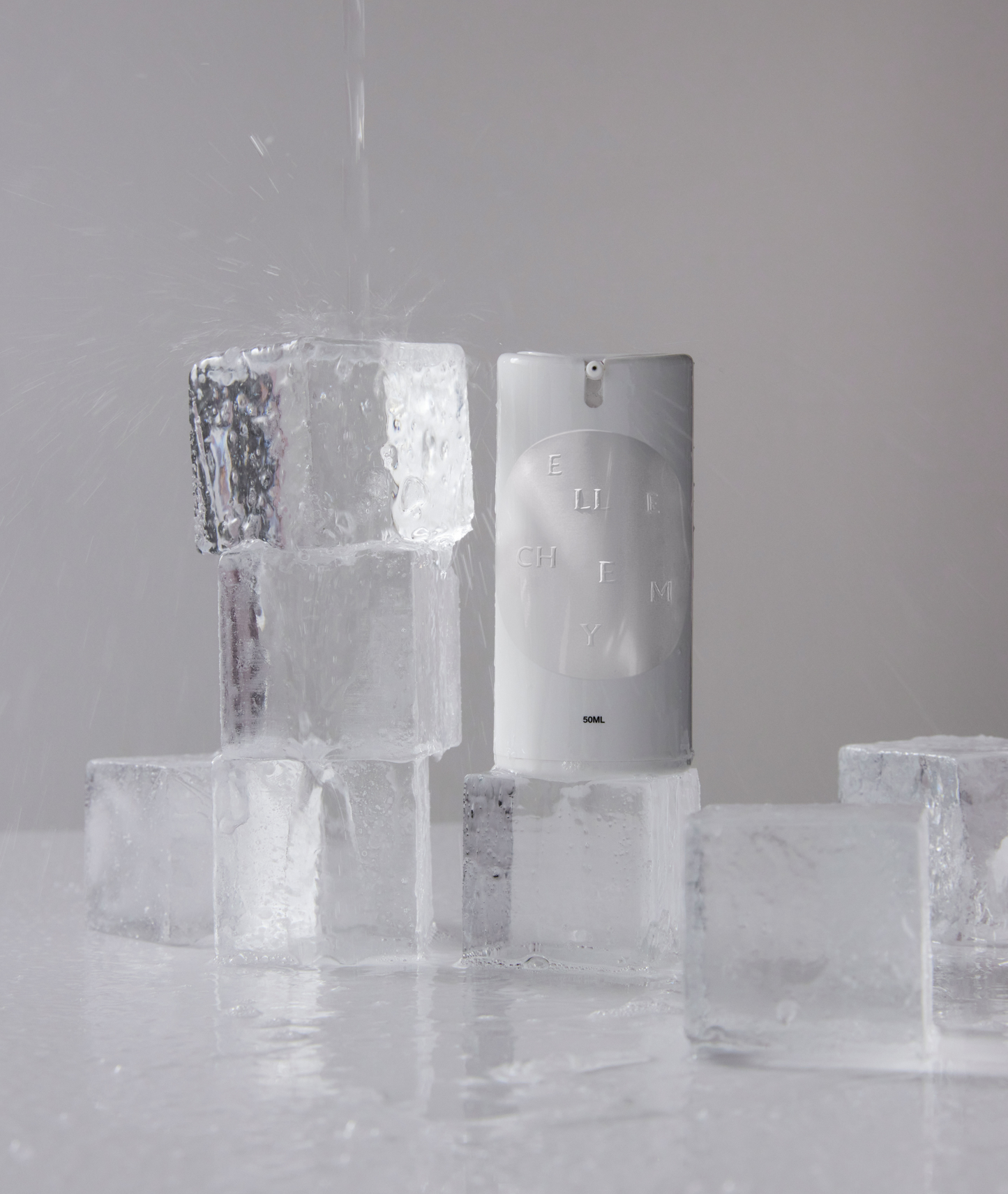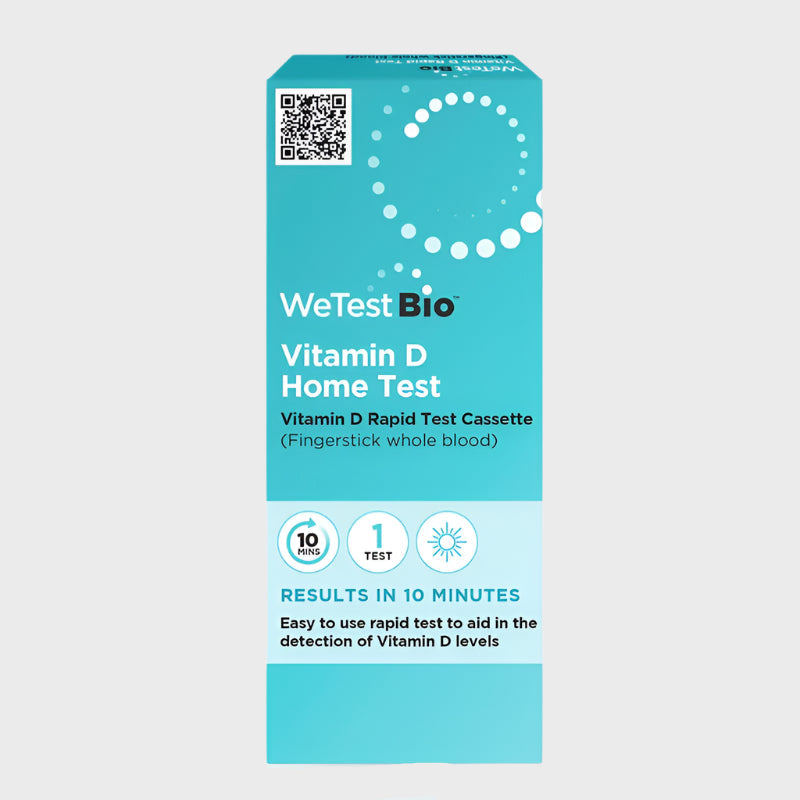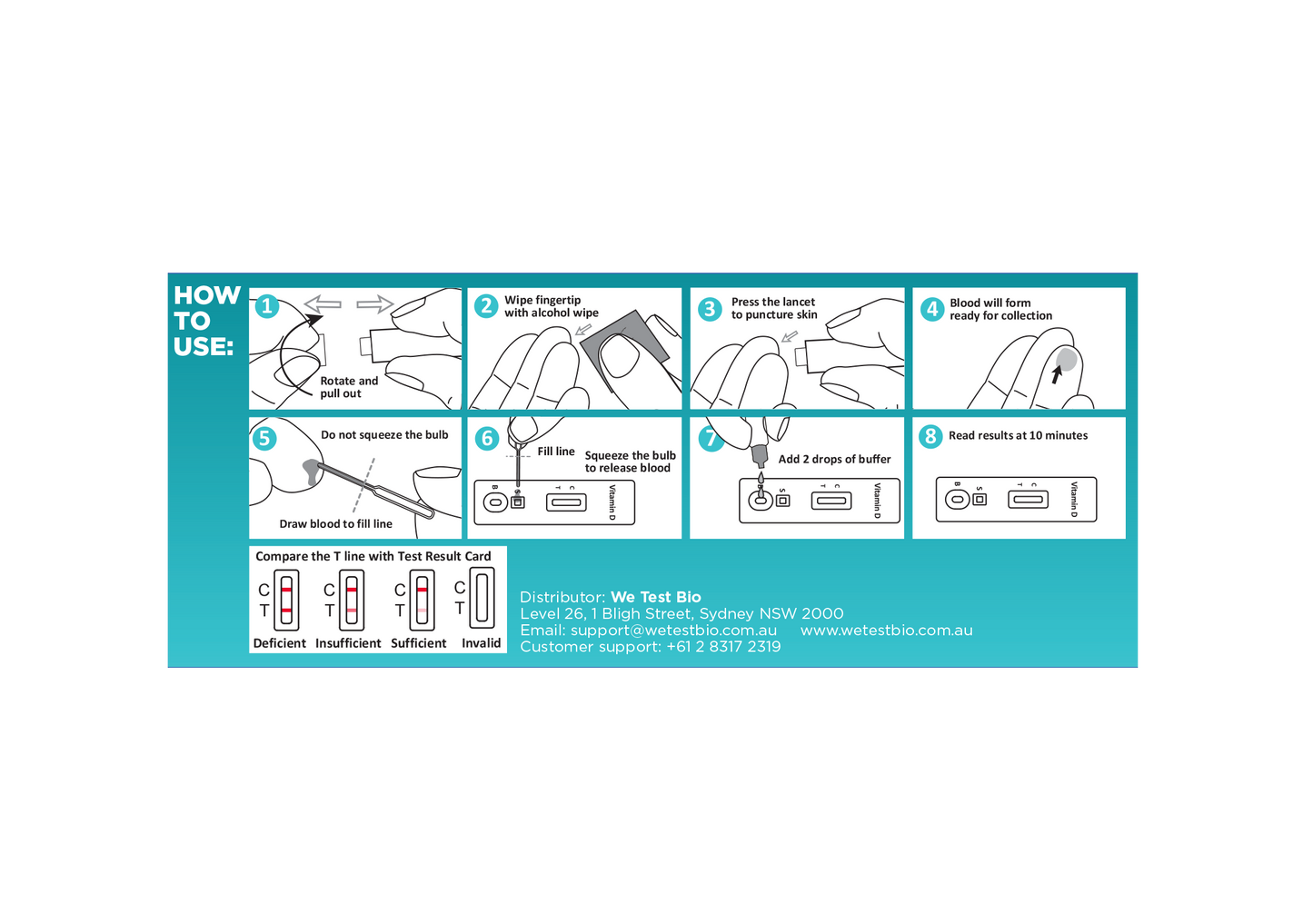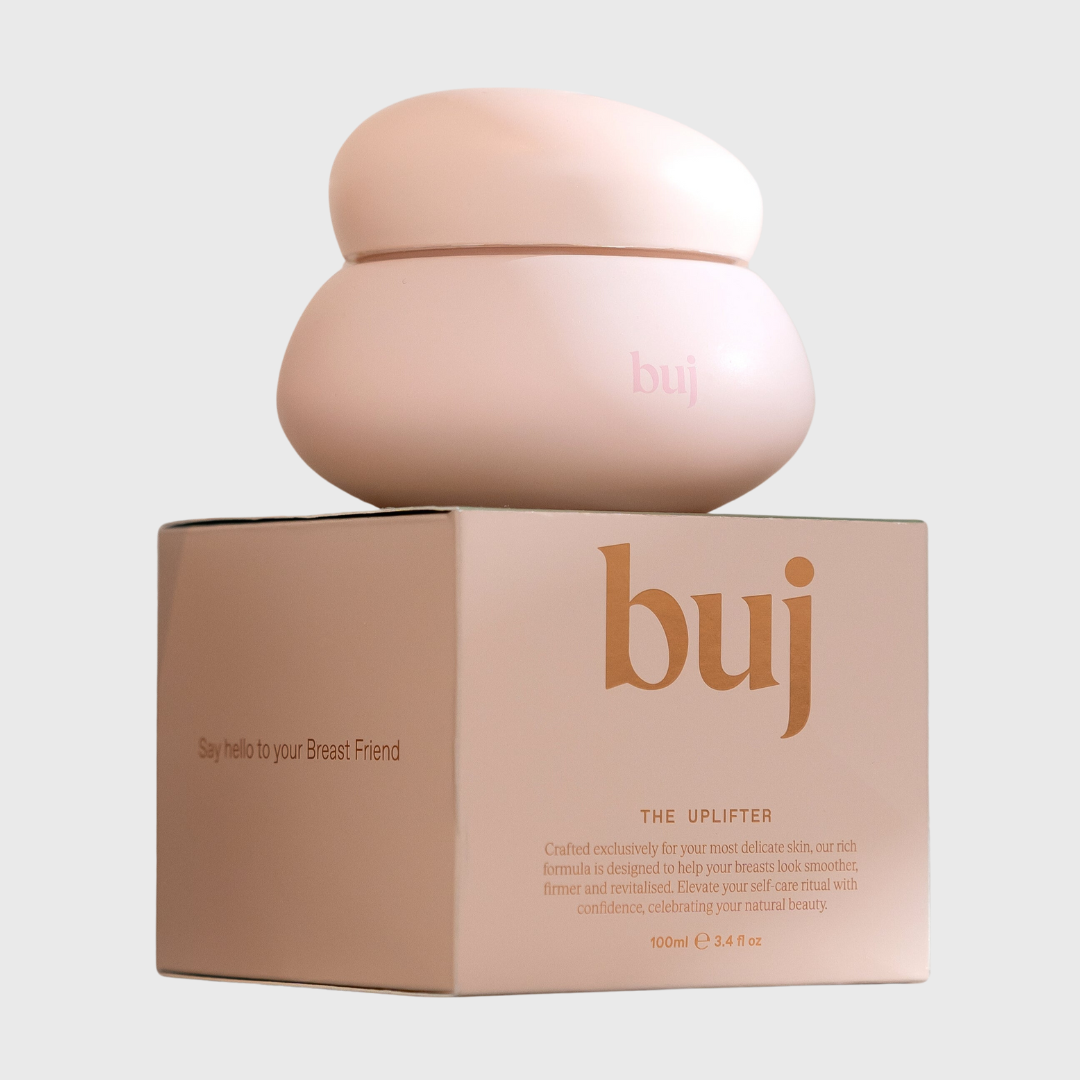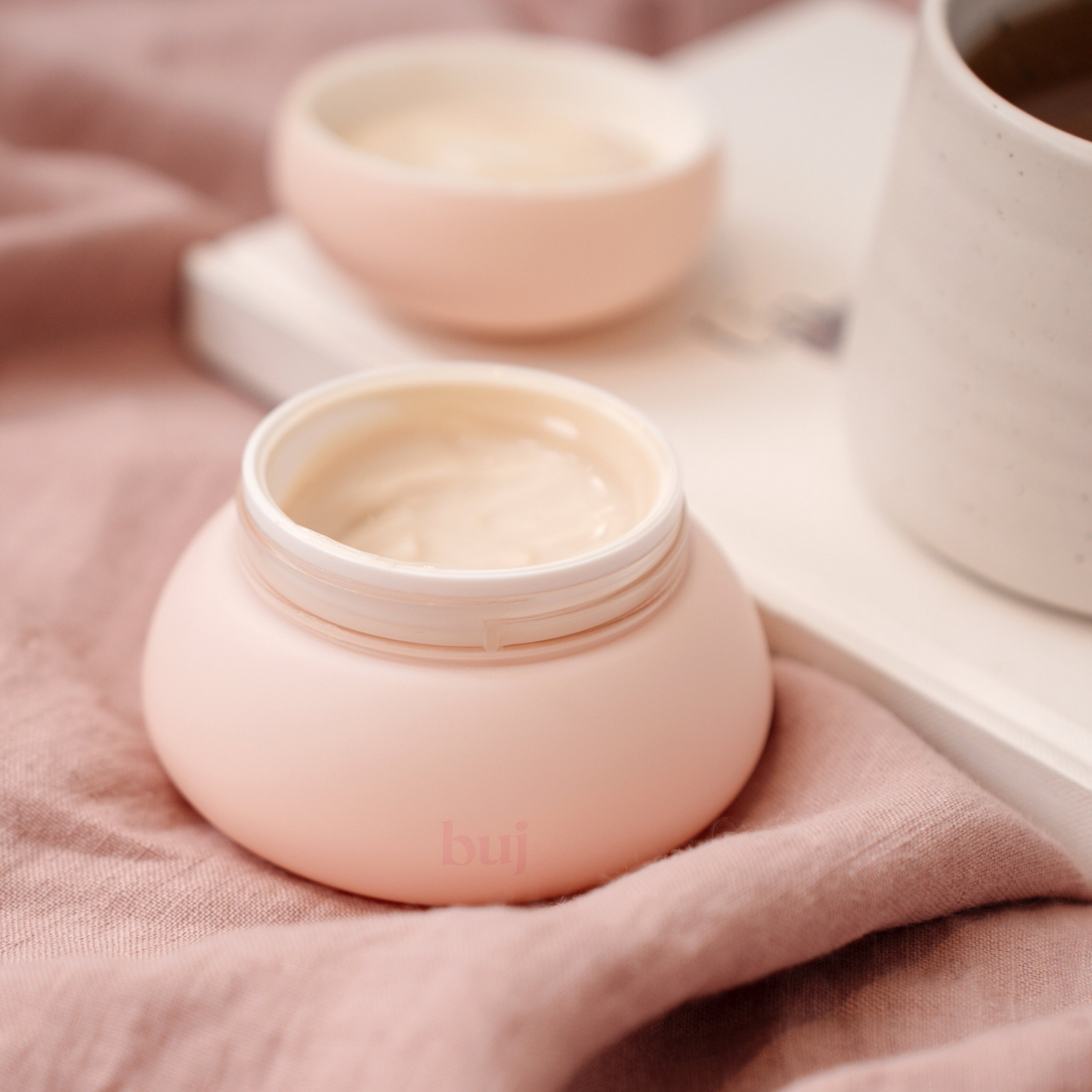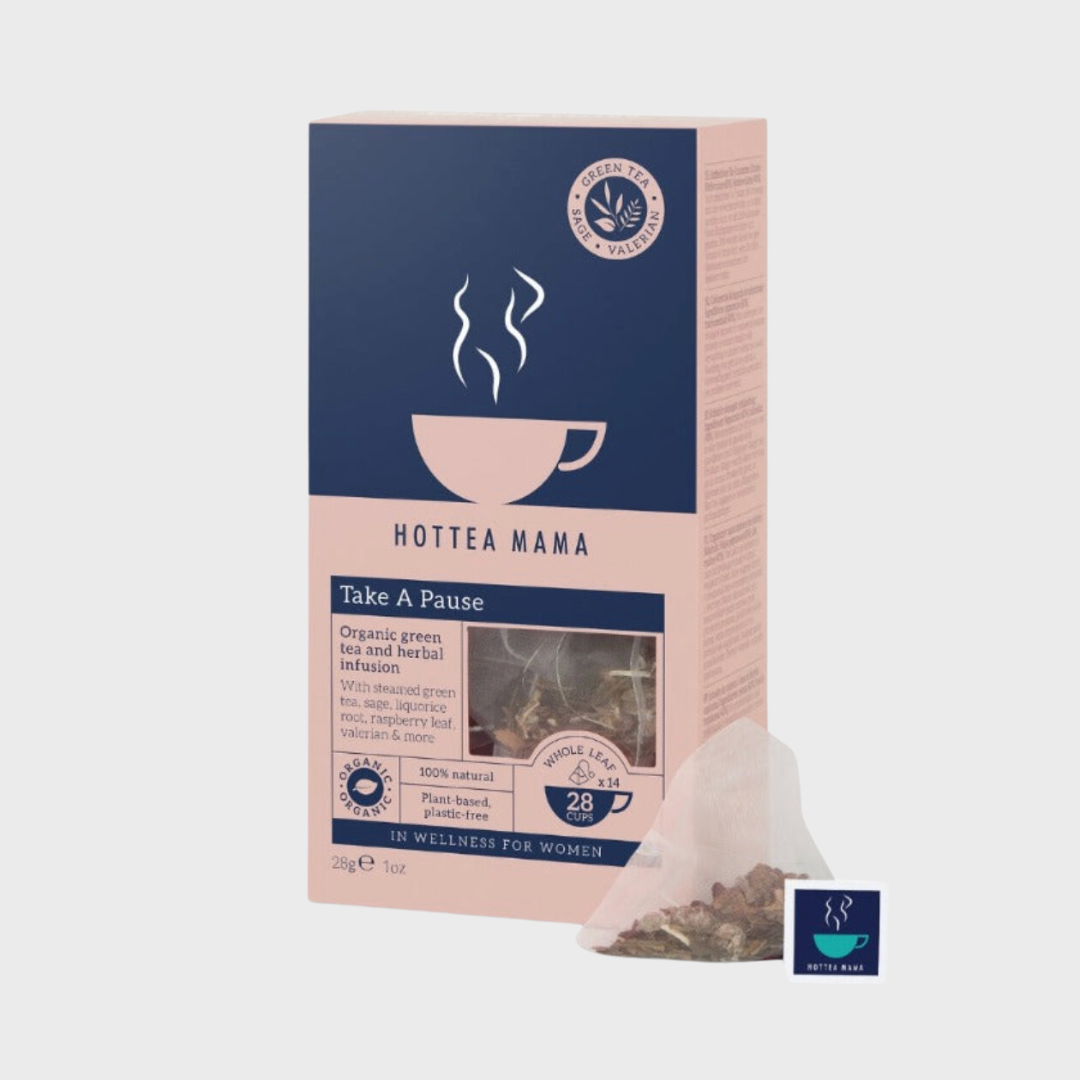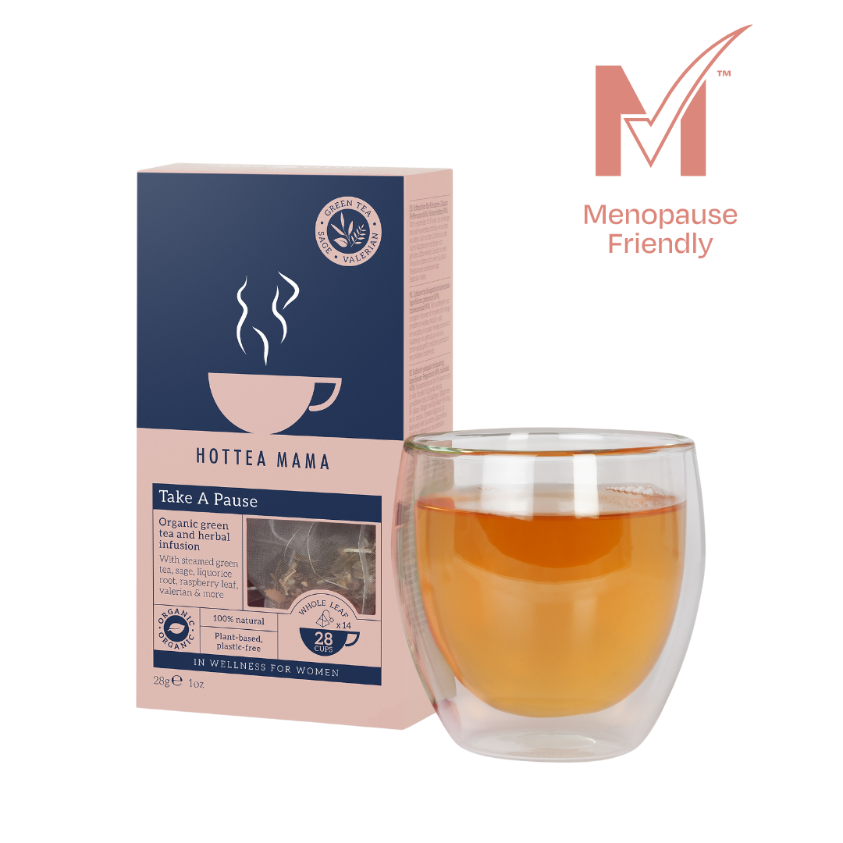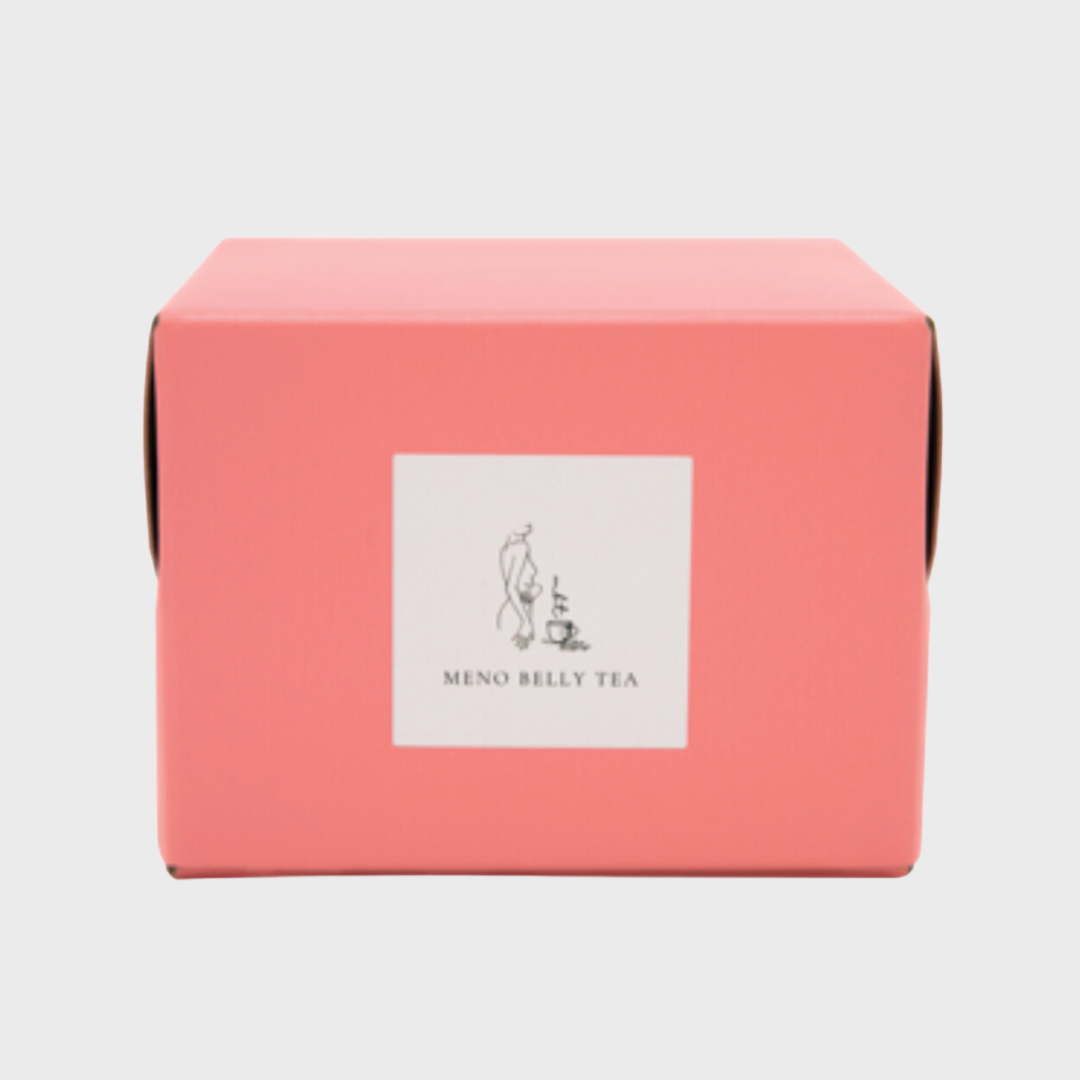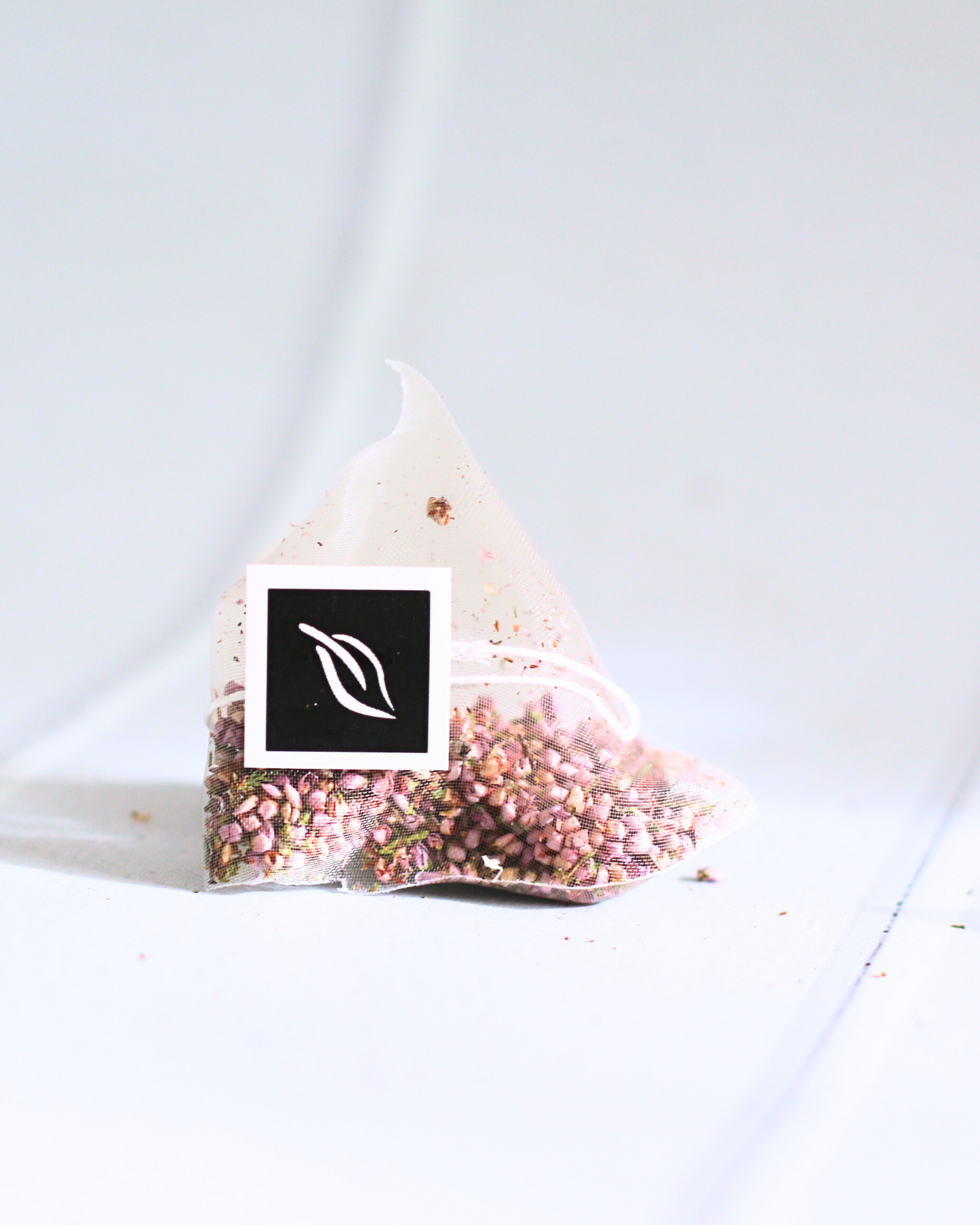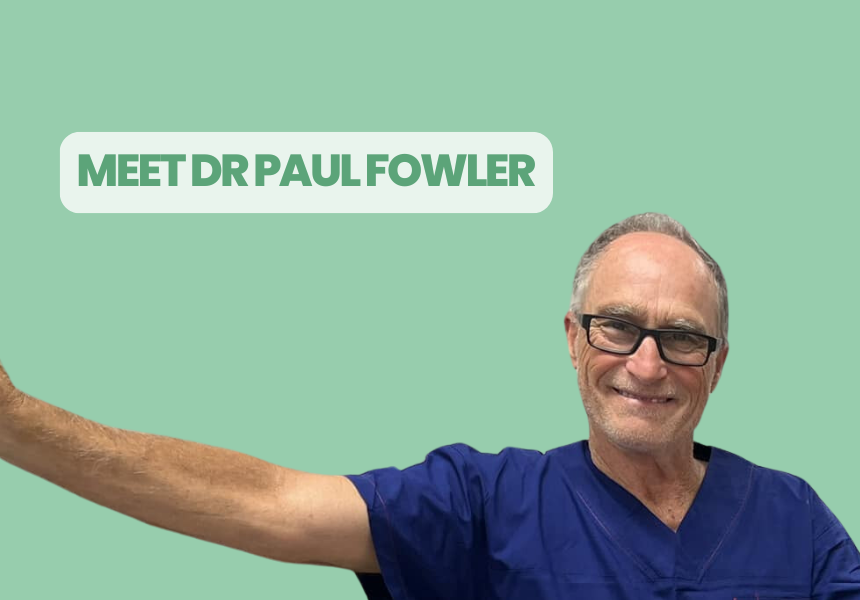
Sexual Health issues & options for Menopause Symptoms
Hey Ladies, Strong Coach Mary here. Meet Dr Paul Fowler - Obstetrician/ Gynaecologist. FRANZCOG.
Paul practises at: Sydney’s Northern Beaches Hospital, The Mater Hospital, North Shore Private Hospital. He is also the Acting Clinical Director Obstetrics and Gynaecology Gladstone Hospital.

Paul has offered insights into the realm of perimenopause and menopause, shedding light on the impacts of hormonal changes. Let’s delve into this!
Menopause is the cessation of the female monthly period for 12 months. This is due to the lack of hormonal output by the ovaries-oestrogen and progesterone. Perimenopause is the time leading up to menopause where hormones fluctuate causing the same symptoms as menopause. Periods can also be irregular during perimenopause. This may occur for years before menopause. Menopause can also occur due to surgery when ovaries are removed, and due to cancer treatments chemotherapy, and radiation.
Symptoms are due to the lack of oestrogen and progesterone (which the ovaries no longer secrete)
Some of these symptoms may include - hot flushes, night sweats, sleep disturbance, headaches, muscle and joint pain, tiredness, brain fog, forgetfulness, anxiety, mood changes, weight gain, breast tenderness, hair loss, skin dryness and changes, vaginal dryness, vaginal atrophy, painful intercourse, discomfort urinating, recurrent UTI, exacerbation incontinence symptoms.
Medical Treatments for Menopause symptoms:
- MHT menopausal hormonal treatment (previously called HRT) is the administration of oestrogen by tablet, patch, or gel with progesterone support if the uterus is intact.
- Vaginal creams- oestrogen
- Herbal supplements - like Meno Cool – Aviiana
- Vaginal Laser
Natural Treatments and Tips for common sexual health issues include:
- Painful Sex - includes using simple lubricants, addressing dryness with Oestrogen gels like Ovestan or Vagifem, and consuming natural Oestrogen product. You can also try Oh la la love lube
- UTI’s/Thrush - includes drinking cranberry juice or taking supplements, urinating after sex, and wearing natural fibre underwear. Additionally, showering after gym workouts and avoiding staying in sweaty gym gear or wet swimwear can help. Dr. Paul suggests that women shouldn't experience thrush as they need Oestrogen for it. If irritated, they should consider alternative diagnoses such as “Lichen Sclerosus”.
- Stress Incontinence - combat stress incontinence with pelvic floor exercises and seek guidance from a specialised physiotherapist for effective management such as Jenny Daily on the “Aviiana Wellness Program”
HOW DOES VAGINAL LASER WORK?
Using the DEKA CO2 medical laser, a gynaecological procedure regenerates the vaginal lining and surrounding areas. The vaginal laser delivers heat and controlled ablation in a dot formation to the vaginal tissues. This leaves the in-between tissue intact, to enable faster healing. The laser treatment stimulates a healing and repair response as well as increased blood flow so that the vaginal tissue produces more collagen and healthy cells. (Co2 laser is also used for the face to rejuvenate the skin)
The result of the rejuvenation response is the vaginal tissue can become thicker, less fragile, more elastic, and healthy. There is increased hydration and lubrication by the vaginal mucosa which in turn helps with the symptoms of dryness and painful intercourse. There can also be a tightening and firmness of the vaginal tissue. Regeneration of tissue around the anterior vaginal wall and urethra can help urinary symptoms. The improvement in the vaginal tissue and stimulation of healthy vaginal cells can create a more balanced vaginal PH reducing or in some cases eliminating thrush and bacterial vaginosis.
THE PROCEDURE: A probe attached to the laser machine is inserted into the full length of the vaginal canal. Controlled laser energy is emitted as the probe is withdrawn treating the vaginal canal tissue in a 360-degree radius. The laser beam may also be focused on the anterior (front) section of the vaginal canal and around the urethra depending on the patient’s symptoms. The opening of the vagina is also treated to help with atrophy and associated painful intercourse. (The Vaginal Laser can also treat Lichens Sclerosis, Recurrent Thrush, Bacterial Vaginosis, post-vaginal delivery tears, and laxity)
The procedure takes 5-10 minutes and is done by a specialist in their rooms. There is no pain, just a mild heat sensation. Discomfort is from the insertion of the probe due to dryness and atrophy. Similar to the feeling of a pap smear. Afterwards, there may be some ‘spotting’ and a feeling of mild irritation inside the vagina. If the outside of the vagina and labia are treated there can be mild swelling and discomfort. Post-procedure requires one-week abstinence from swimming, spas, intercourse, or anything within the vagina.
The laser beam is delivered in a 360-degree radius. The probe is retracted 3-5mm and the laser beam is delivered again. This is repeated until the whole canal has been treated and then the laser treats the opening of the vagina and outside tissue (if needed).
Dr Paul Fowler Obstetrician and Gynaecologist performs the procedure in his specialist rooms in Dee Why, Sydney. A female Registered Nurse is present.
The vaginal laser treatment requires 3 treatments spaced 6 weeks apart with a yearly ‘top-up’ recommended.
The cost for the 3 treatments is $1800. This includes a 12-month check-up and top-up treatment.
A referral from a GP is required and we recommend discussing this further with your GP to see if this is the right treatment for you. Initial Consultation with Dr Fowler is bulk billed. This includes a full gynaecological health check and pap smear if needed. There is no health fund rebate for this procedure.
For more information contact Dr Paul Fowlers today: 02 99760911
Dr Paul Fowler
Obstetrician & Gynaecologist
MB BS. UNSW (hons) FRANZCOG
Northern Beaches Hospital, North Shore Private Hospital, The Mater Hospital
Private rooms: suite 4217, level 2. Dee Why Grand (commercial)
834 Pittwater Rd, Dee Why, NSW. 2099
Ph: 02-99760911
Fax: 80886158
E: info@drpaulfowler.com.au
Facebook.com/drpaulfowler
PUBLICATIONS
Histological study on the effects of microablative fractional CO2 laser on atrophic vaginal tissue: an ex vivo study. S. Salvatore et
al.Menopause 2015 Jan 20. doi:
10.1097/GME.0000000000000401. [Epub ahead of print]
Vulvo-vaginal atrophy: A new treatment modality using thermo-ablative fractional CO2 laser. A. Perino et al. Maturitas. 2015 Mar; 80(3):296-301. doi: 10.1016/j.maturitas.2014.12.006. Epub 2014 Dec 25
Sexual function after fractional microablative CO2 laser in women with vulvovaginal atrophy. S. Salvatore et al. Climacteric 2014 Dec 16.doi:10.3109/13697137.2014.975197 [Epub ahead of print]
Microscopic and ultrastructural modifications of postmenopausal
atrophic vaginal mucosa after fractional carbon dioxide laser
treatment. N. Zerbinati et al. Lasers Med Sci 2015 Jan, Vol. 30, No.1:429-36. doi: 10.1007/s10103-014-1677-2. Epub 2014 Nov 20.
Microablative fractional CO2 laser improves dyspareunia related to
vulvovaginal atrophy: a pilot study. S. Salvatore et al. Journal of
Endometriosis and Pelvic Pain Disorders 2014.
DOI:10.5301/je.5000184. Epub 2014 Jun 20.
A 12-week treatment with fractional CO2 laser for vulvovaginal
atrophy: a pilot study. S. Salvatore et al. Climacteric Aug 2014, Vol.17, No. 4:363-369. doi: 10.3109/13697137.2014.899347. Epub

